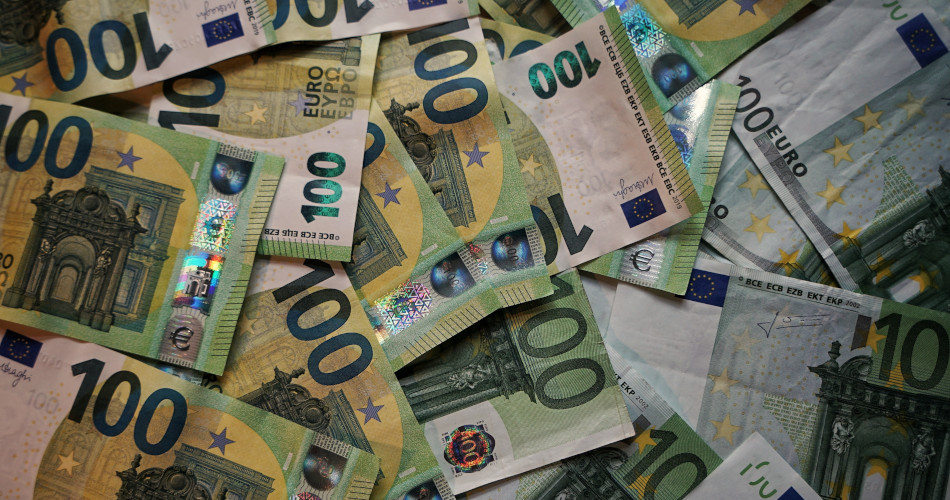Dutch Gaming Regulator KSA Issued €3.5M Worth Of Fines In 2019

Dutch gaming regulator Kansspelautoriteit (KSA) imposed gambling operators with fines worth a total of €3.5 million in 2019.
The KSA announced the news this week, revealing that the combined total value of fines imposed on casino operators last year was up 105.8% from 2018. The combined €3.5 million total (Around $3.9 million or £3.0 million) came from only ten fines issued to various operators, an increase from 2018 in which the KSA imposed only seven fines.
According to reports, the fines were issued to 1xBet, Casumo, Onisac, Simbat, Spinity, Trannel International, Electraworks, The Stars Group, Royal Panda, and LeoVegas between February and October 2019. KSA Chairman René Jansen has stated that the increase of fines came from the regulator’s tighter rules and higher penalties, the maximum of which the KSA raised to €200,000.
Despite the high fines, the KSA believes that many of the fined operators will apply for a gambling license under the Remote Gambling Act which is scheduled to come into effect from January 2021. The Dutch senate passed the Remote Gambling Bill last February, allowing for the regulation of gambling in the Netherlands.
Dutch Online Gambling
Under the Remote Gambling Act, casino operators will be required to submit license applications to the KSA, similarly to the UK’s regulatory body. The first few fully licensed casino operators are expected to launch around six months after the Gambling Act comes into effect.
To gain a licensee, operators will be required to pay an application fee of €45,000 and apply for one of four KSA licenses; Casino games where players compete against each other, casino games where players compete against the license holden, wagering on sports games, and wagering on horse races.
In the meantime, the KSA will continue to promote safe gambling by imposing sanctions and monitoring operators. Back in November, the KSA announced that it will begin to call out operators that refuse to pay its fine as a way to inform customers and allow them to identify which operators are running unlicensed websites and services.